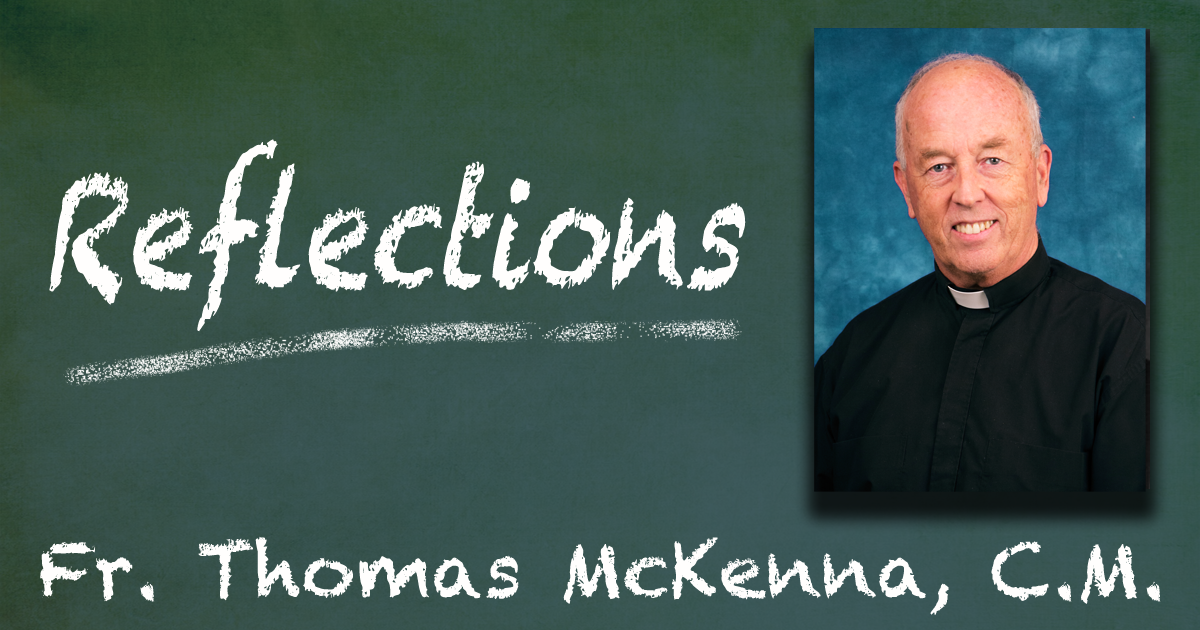
The Faces of God John 8:14
I once came across a psychological test aiming to measure a person’s trust in life or fear of it, life understood in its most general sense as existence or reality. It was getting at the question, “Down at your instinctual level, do you feel is life out to get you, is life indifferent, or is life on your side?”
It was laid out in a series of facial expressions, ranging from rage/horror, through distain, to indifference and ‘who cares,” to a split face (half frown, half smile), to slightly amused, to a tender glance, and finally to outright delight. Faced with a scowl, a blank look, a split expression, a grin and a loving glance, the question was, “In your heart of hearts, which countenance best catches how you imagine existence regards you?”
In its own way, this was also a kind of God test — God understood as the ultimate, the most encompassing horizon, that beyond when there is nothing greater, the fountainhead of all value. The experiment was getting at a very primitive, eons-old religious issue. “There’s something more than me, something ever greater and both fascinating and very scary. How do I stand in His or Her (or Its) sight? What’s my default setting here, the one in the shadows back behind my nicely worked out and politely given-off description of God?”
When you set the question in such a cosmic context, the Christian claim is a shocker. We say that the answer to the question which kind of face describes the heart of existence comes through the face and eyes of a single person, the Lord Jesus Christ. For sure that’s the claim Jesus makes in John’s gospel. “I’m not testifying only to myself. I’m witnessing to where I came from and where I’m going — or better, from and to Whom. I’m personifying this Father, this divine source of all that is. In my speaking, I’m speaking the words of the Father who sent me.” And most clearly later on, “if you’ve seen me, you’ve seen the Father. “
Back to that test. The Gospel answer would be this: here in this person Jesus is the expression on that face of the universe. On it are the kindest of eyes looking out on us; on it is the fundamental loving countenance of reality. What a claim, almost outrageous. But it’s one that believers over the ages have taken into their marrow, so much so that they’ve lived and died for the truth of it.
And so. Is reality, with its all too obvious ending in death, for us or against us? For the answer, proclaims the Evangelist, look into this face, the expression (Word) of God dwelling amongst us.
Pope Francis is continually trying to shape people’s sensitivity to this face. In different places, he writes that even though there are many attributes (read faces) of God such as power, knowledge, judgment, healing, etc., the overriding one, the one backing up all the rest — is Mercy. This is the core expression on God’s face, all forgiving and accepting Mercy. Francis points out a perennial temptation of the Church (and the world around it) to offer other divine countenances as the primary ones, to bring lesser portraits front and center. And he says we have done this not only intellectually and institutionally, but even pastorally. Those other expressions on that face are there, Francis grants, but this is the one that overshadows and underlies the rest. This is the founding and guiding one.
And wasn’t just this the purpose of so much of Vincent and Louise’s work; i.e., by word, attitude and action, to let the neglected of their day come to perceive the loving eyes of the Father shining at them? Isn’t that so much at the heart of the Vincentian calling today?
The Gospel response to this “cosmic face-assessment” comes in Jesus’ words: “If you knew me, you would know my Father also.” I and the Father are one; when you see me, you see the Father; seeing Me, you’re looking into the loving face of God.







Absolutely! Beautifully written.